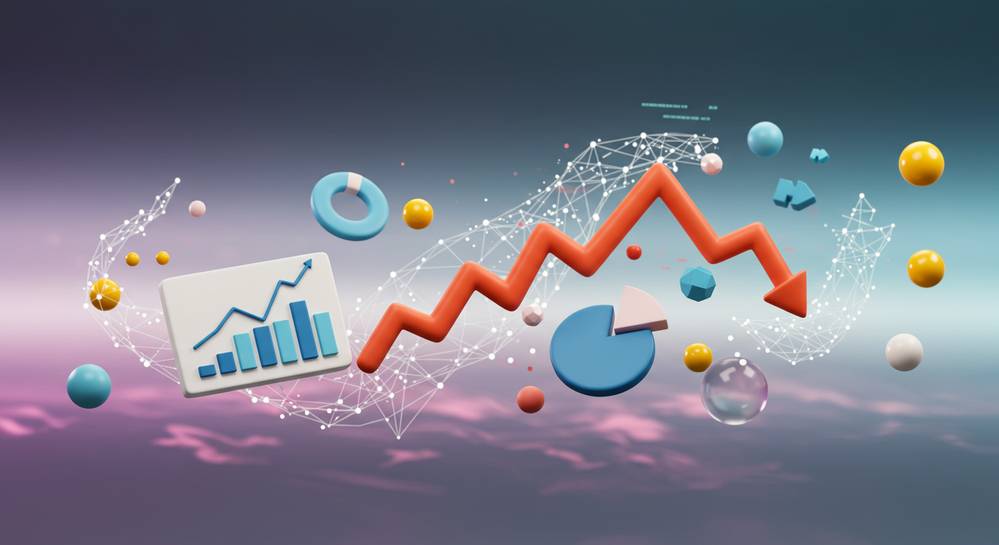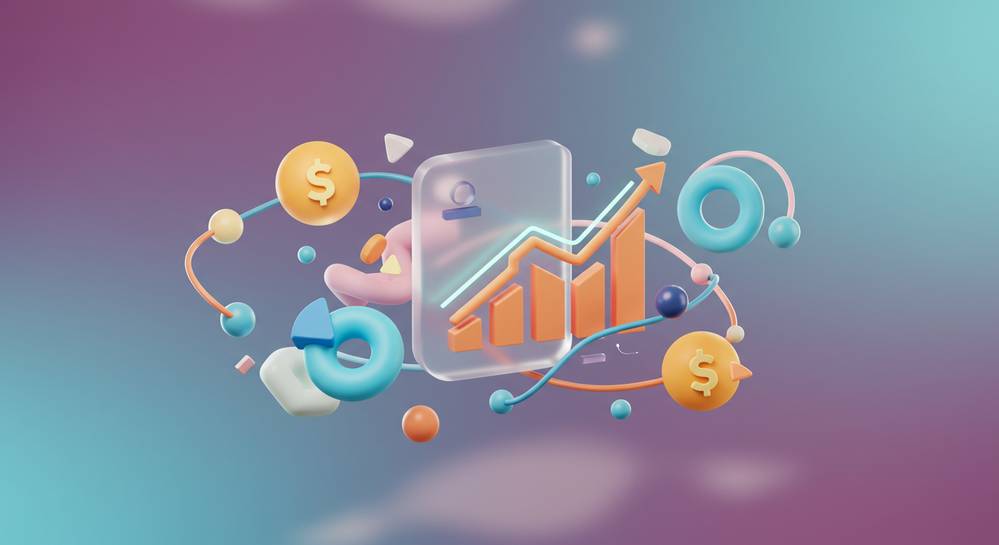In today’s dynamic financial landscape, understanding economy inflation reports news is crucial for individuals, businesses, and policymakers alike. These reports offer a vital glimpse into the health and direction of an economy, influencing everything from interest rates to consumer purchasing power. Staying informed allows for better financial planning and strategic decision-making in an ever-evolving market. This guide will demystify the complexities of inflation data, helping you interpret key indicators and understand their broader implications.
What Are Inflation Reports and Why Do They Matter?

Understanding Economy Inflation Reports News
Inflation reports are vital economic barometers, meticulously detailing the rate at which prices for goods and services increase. These comprehensive analyses, often released by government agencies, directly impact our purchasing power. Understanding these reports is crucial for navigating the current economic landscape and anticipating future trends, especially as global economies continue to adapt post-2024.
The significance of these reports extends beyond mere statistics. Policymakers, particularly central banks, rely on them to formulate effective monetary policy. For instance, persistent high inflation, frequently highlighted in economy inflation reports news, often prompts interest rate adjustments. These measures aim to stabilize prices and prevent economic overheating, directly influencing borrowing costs for businesses and consumers alike.
Investors closely monitor these releases for immediate market reactions. Unexpected inflation figures can trigger significant shifts in stock, bond, and currency markets, creating both risks and opportunities. For the average consumer, these reports offer critical foresight into the cost of living, influencing personal financial planning and investment decisions. Staying informed about inflation trends empowers better economic choices in an evolving financial world.
Key Economic Indicators Within Inflation Reports

Inflation reports provide more than headline figures; they offer crucial underlying indicators. Dissecting these components reveals deeper economic truths about price pressures and their persistence. This is essential for informed decision-making in 2025, helping analysts and policymakers forecast future economic conditions.
- Core Inflation: This key metric excludes volatile food and energy prices. It offers a clearer view of long-term price trends, helping central banks identify persistent inflationary pressures.
- Inflation Expectations: Surveys of consumer and business expectations about future inflation are vital. Rising expectations can lead to adjusted spending and pricing, potentially creating a self-fulfilling inflationary cycle.
- Wage Growth: Strong wage increases, especially when outpacing productivity, can fuel inflation. This indicator is closely monitored with labor market data, reflecting labor supply and demand balance.
- Commodity Prices: Global fluctuations in essential commodities like oil and agricultural products significantly impact producer costs. These increases often pass to consumers, directly affecting overall economic stability and inflation rates.
Monitoring these granular indicators is critical for assessing economic policies and predicting their effectiveness. They provide context to interpret broader economy inflation reports news accurately.
How Inflation Reports Influence Policy and Markets
Inflation reports are pivotal in shaping macroeconomic policy, particularly monetary policy set by central banks. When economy inflation reports news indicates prices rising above target levels, central banks typically increase interest rates. This action aims to cool down the economy and curb spending, a critical response in the current 2025 economic climate.
Impact on Interest Rates and Monetary Policy
Interest rate decisions directly affect borrowing costs for consumers and businesses. Higher rates can slow economic growth, impacting mortgages, corporate investments, and overall market liquidity. Conversely, periods of low inflation might lead to rate cuts, designed to stimulate economic activity. Central banks, like the Federal Reserve, closely monitor indices such as the Personal Consumption Expenditures (PCE) Price Index when making federal funds rate decisions.
Market Reactions and Investment Strategies
Financial markets react swiftly to inflation news. Bond yields often rise with higher inflation expectations, as investors demand greater returns to offset eroding purchasing power. Stock markets can become volatile, with different sectors reacting uniquely; some may benefit from rising prices, while others suffer. Investors frequently adjust portfolios, moving towards inflation-hedging assets during inflationary periods to protect capital. This dynamic is evident when observing how assets like undefined.
Interpreting and Reacting to Inflation News

Interpreting economy inflation reports news requires more than just headline numbers. It involves understanding the context and comparing figures against expectations. Experts analyze month-over-month and year-over-year changes, alongside core inflation, for a comprehensive view. Disentangling temporary supply shocks from persistent demand-driven inflation is crucial for accurate assessment in 2025.
Understanding the Broader Context
Economic reports are rarely isolated. Inflation data should be analyzed with other indicators, such as Gross Domestic Product (GDP) growth and unemployment rates. A holistic view distinguishes between healthy price increases accompanying robust growth and problematic inflation signaling economic imbalances. This broader perspective enhances financial planning.
Practical Strategies for Stakeholders
- For Individuals: During inflationary periods, careful budgeting and seeking inflation-protected investments become critical. This mitigates rising costs and protects purchasing power effectively.
- For Businesses: Companies adapt pricing strategies, manage supply chains efficiently, and adjust wage policies. This helps them remain competitive while protecting profit margins through effective market analysis.
Staying abreast of expert analysis from reputable financial news outlets provides valuable perspectives for informed decision-making.
In conclusion, economy inflation reports are fundamental to understanding the economic landscape, influencing market trends and policy decisions. By delving into these reports, individuals and businesses can better anticipate economic shifts and make informed financial choices. Staying updated with this crucial information empowers strategic planning in a dynamic global economy. For further insights and timely economic news, explore Global Affairs News.
